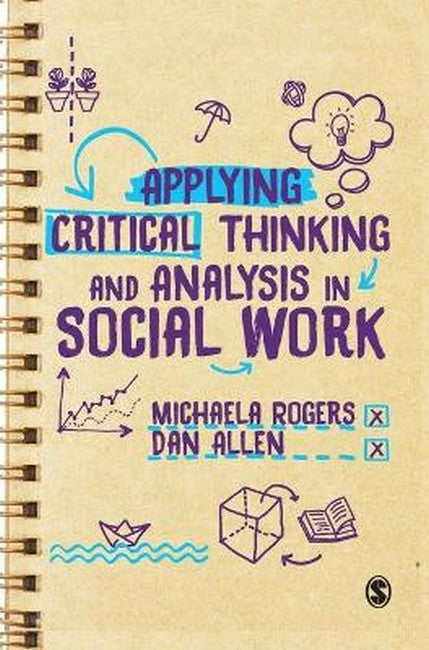Dr Michaela Rogers is a lecturer of social work who is involved in both research and teaching across the areas of social care, social justice, equality and diversity, safeguarding, interpersonal violence and gender. Dr Rogers has delivered and worked alongside colleagues on a range of projects in the voluntary and public sector. These projects typically aim to explore social problems in terms of everyday experiences or assess the impact of service delivery or specific policy initiatives. Dr Rogers is a qualified social worker registered with the profession's regulatory body in England, the Health and Care Professions Council. Dr Dan Allen is a social work academic with over 18 years' experience working to democratise child protection practice with Romani and Traveller families. He has published widely on this topic and has represented child protection practitioners working to support Romani and Traveller families at the European Union Agency for Fundamental Rights, the House of Lords, and the Welsh Assembly. Dr Allen is particularly interested in examining the intersection of power relations, prejudice, and the impact of governmentality, subjectivities, and ethics on the translocation of professional conduct. Developing a perspective that combines 'neoliberal governmentality' with 'socio-political' influence and 'critical' and 'radical' theory, Dr Allen seeks to critically examine the questions of why, how and so what in the context of dominant discourses affecting regimes of practice at individual, cultural and societal levels. Dr Allen is a qualified social worker registered with the professional regulatory body, Social Work England, and he is an active member of the Gypsy, Roma, and Traveller Social Work Association.
Request Academic Copy
Please copy the ISBN for submitting review copy form
Description
Introduction Part I: An Introduction to Critical Thinking and Analysis Chapter 1: Introduction to Critical thinking Chapter 2: Introduction to Critical Knowledge Part II: An Introduction to Critical Reading and Writing Chapter 3: Critical Reading Chapter 4: Critical Writing Part III: Critical Thinking and Analysis in Practice Chapter 5: Critical Reflection Chapter 6: Professional Judgement and Decision Making Chapter 7: Critical Analysis and Working with Risks and Strengths Chapter 8: Reflexivity and Use of Self Chapter 9: Analytical Assessments and Report Writing Conclusion
This book is a very valuable and rich resource to enable social work students in training to develop effective critical thinking skills and habits. It has excellent content and practice relevant exercises with which to encourage students to develop their critical thinking further both in their academic studies and professional practice. -- Jasper Shotts As the authors of this book suggest, critical thinking is a 'sought after' skill in social work practice, yet is something that can be difficult for students to conceptualise. This practical text is written in such a way, that it aims to speak directly to student social workers to help them understand the concept, and application of, critical thinking. A range of models are clearly set out by the authors for students to follow, including helpful themes such as 'danger points' which alert students to some of the pitfalls in certain models of thinking. I therefore recommend this book be used by student social workers throughout their social work degrees to help them develop and master their skills. -- Lesley Deacon What I like about the book is that it covers the core skills of critical thinking, critical writing and critical reflection. Although it is written at a basic level and does not go into much detail in this complex subject area, it does however provide sufficient material to grasp the fundamental concept of 'criticality' when applied to a range of social work activities. -- Graham Ixer. Professor of Social Work and Social Policy This book provides highly practical suggestions for record keeping and report writing, the good practice of which frequently slips from attention and is fraught with pitfalls. Overall, this is an excellent book which is memorable for its fusion of concepts with sheer practicality, no jargon, no acronyms, just clear language and sharp analysis. -- Isabel Martin, Independent Practice Teacher, Argyll and Bute, Scotland

